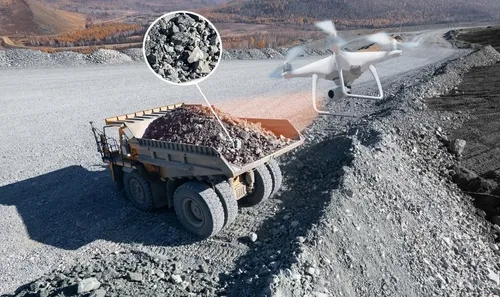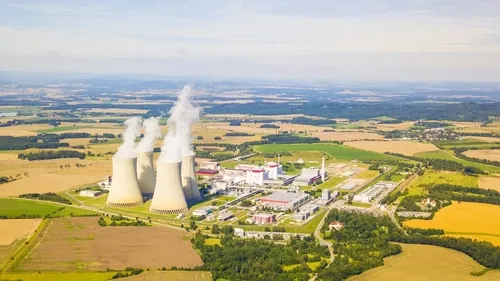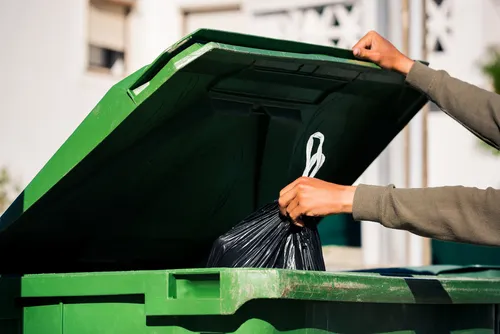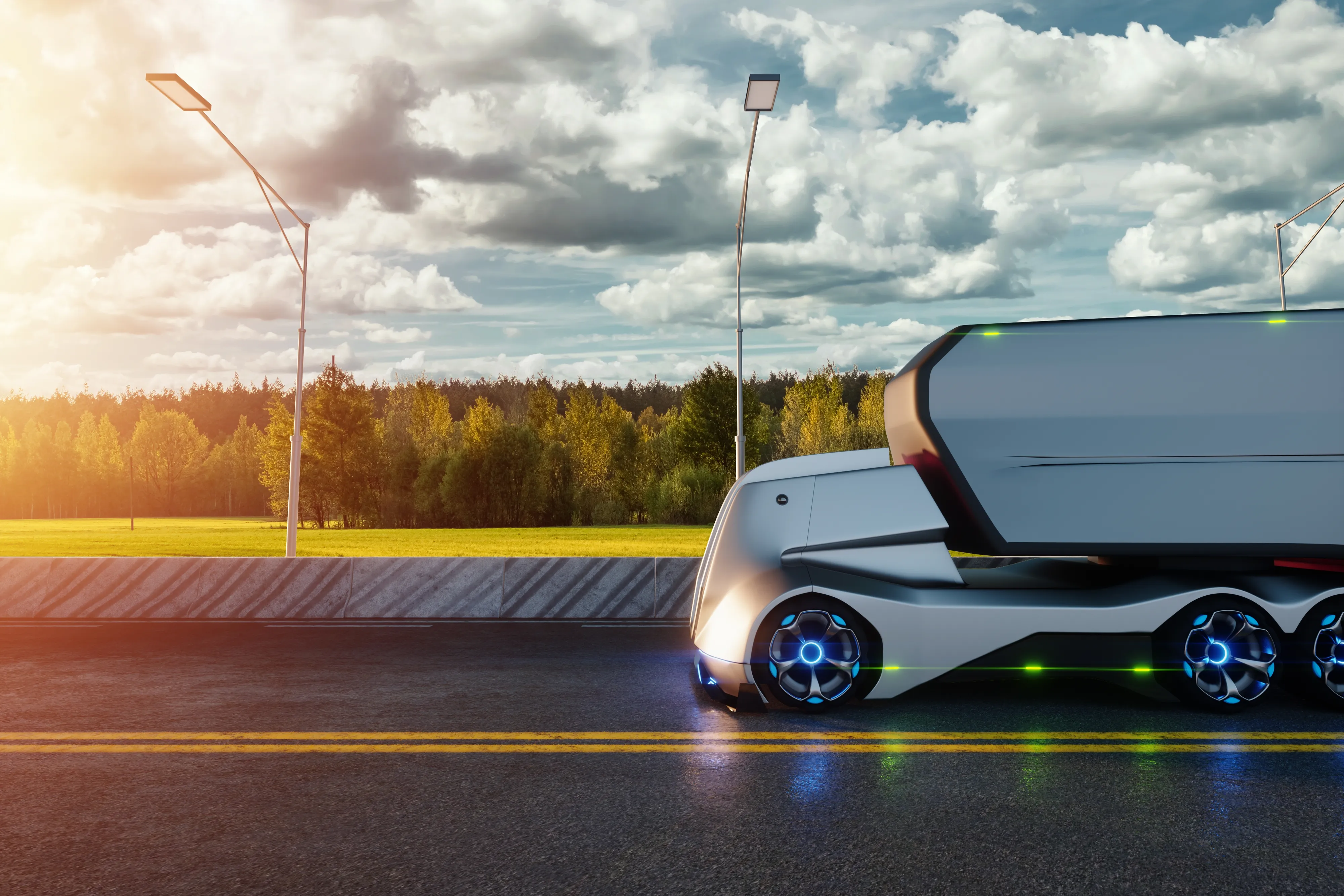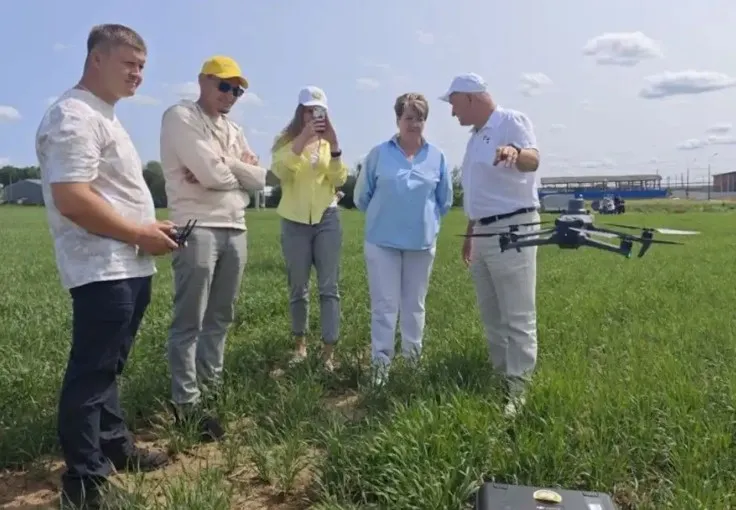AI Is Taking Out the Trash—And Bad Parking Habits
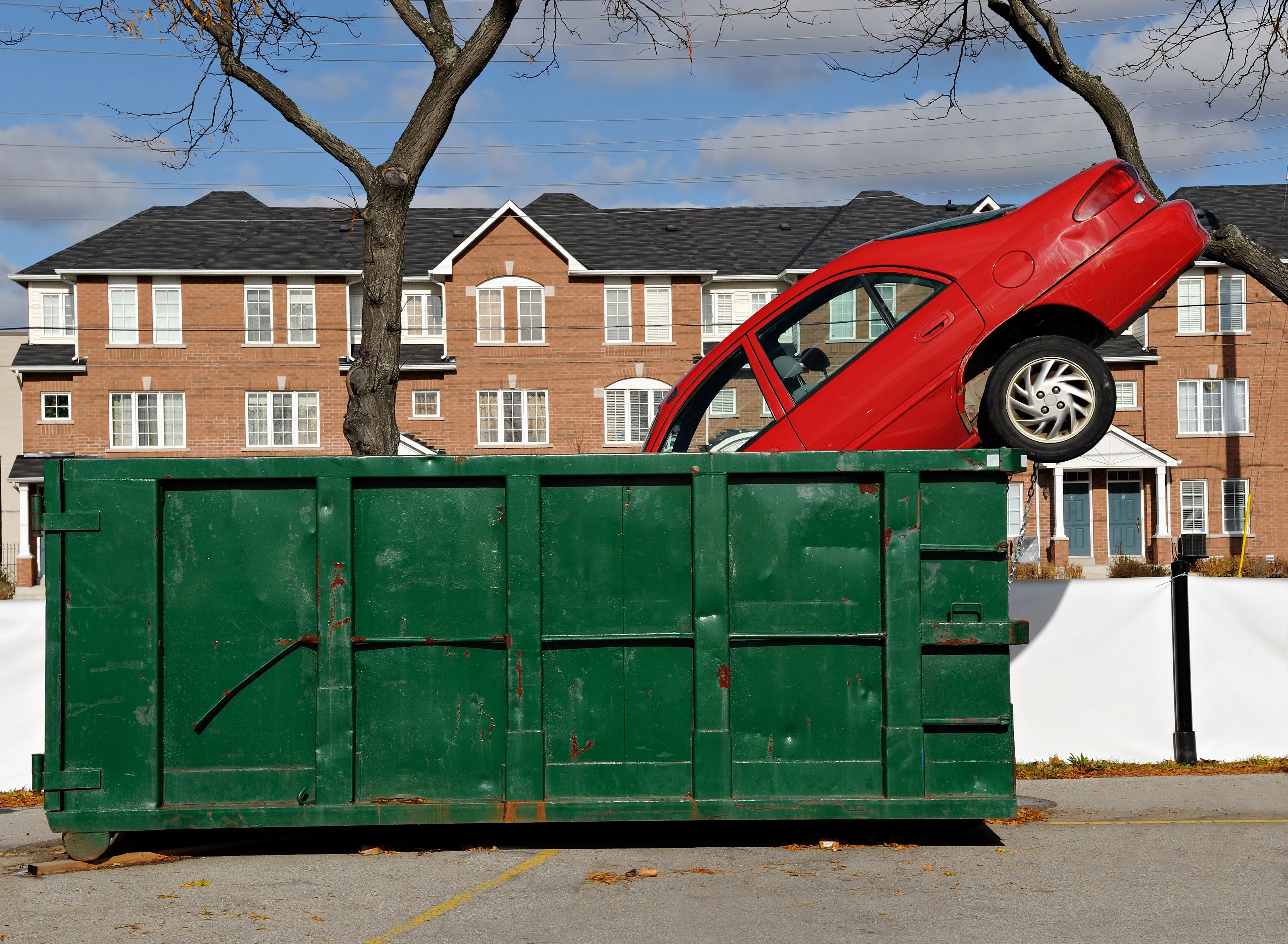
In Russia’s Moscow Region, neural networks are cleaning up more than waste. They're also cracking down on drivers who block access to garbage pickup.
In a digital twist on civic enforcement, Russia is using artificial intelligence to target a uniquely urban headache: cars parked too close to trash collection zones. Since June 2024, an AI-powered surveillance system deployed in the Moscow Region has been tracking vehicles that obstruct waste removal, and it's already cutting violations in half.
Here's how it works: if a car remains within the designated no-parking perimeter of a trash site for more than 10 minutes, the system springs into action. Neural networks recognize the vehicle’s license plate, trigger a verification process, and alert municipal inspectors. If the violation is confirmed, a fine is issued—no on-site patrols necessary.
Over 3,500 violations have been flagged during the first year of deployment, with more than 450 administrative penalties issued. But the region isn’t stopping there. Officials plan to upgrade the system with full automation, enabling it to generate citations without human intervention. That means even faster enforcement—and fewer obstacles for garbage trucks.
This AI initiative is more than a flashy municipal gadget. It's about behavioral change at scale. By deterring illegal parking, the system ensures that waste collection proceeds on schedule and urban hygiene is preserved. It’s a small but smart step in the broader push for cleaner, more efficient cities—one camera feed at a time.


